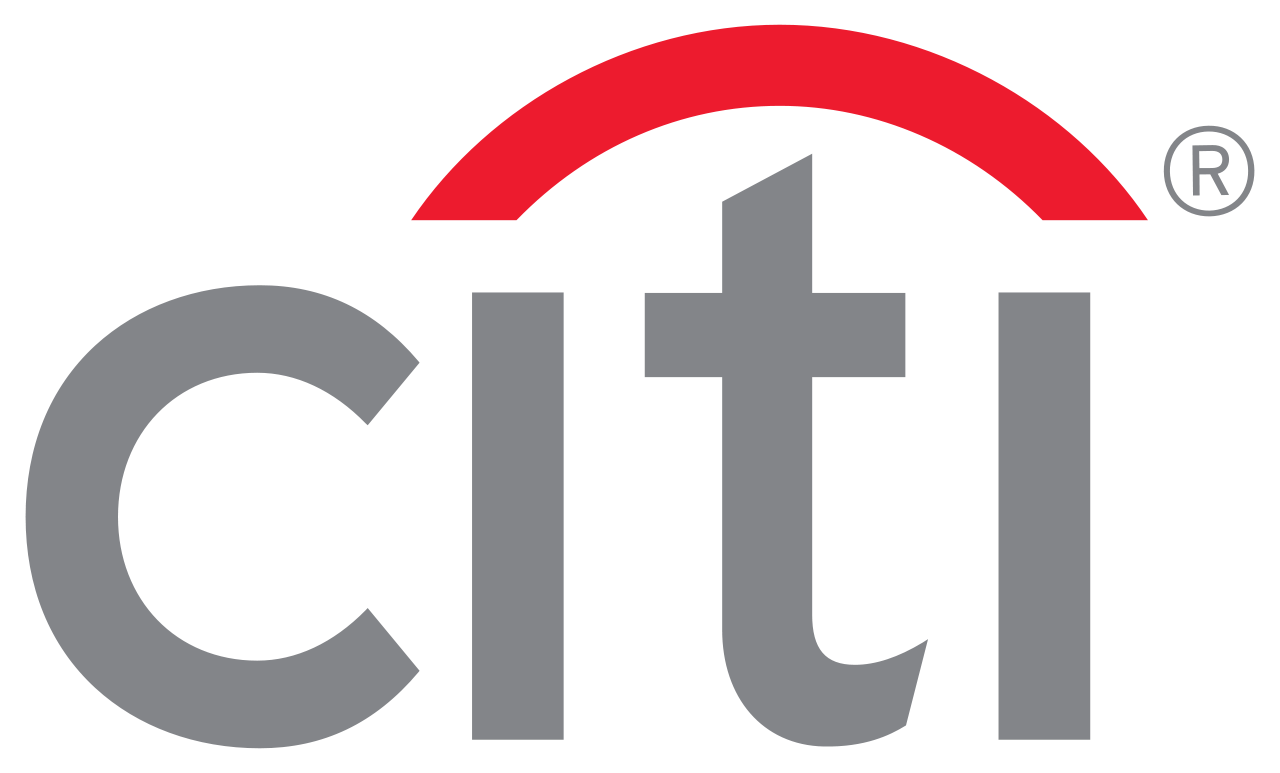Deloitte: This year’s Tax Freedom Day falls on 20 June 2016
23.02.2016Company: Deloitte
This year, tax payers in the Czech Republic will cease working only for the purpose of paying taxes to the government two days later than last year. According to Deloitte, this year’s “Tax Freedom Day” will fall on 20 June 2016. Tax payers in Slovenia, Germany or Greece will be paying taxes to the government for approximately the same amount of time as those in the Czech Republic. The lowest number of days where taxes will be paid to the government applies to tax payers in Lithuania and Bulgaria. On the opposite end of the scale are the tax payers in Denmark and Luxemburg, who will have to work the most days to pay their taxes.
“The tax system has undergone several amendments this year. In reaction to the development of the exchange rate of the Czech Koruna, the excise duty rate for tobacco products has increased. The tax relief for two, three or more children has increased. In relation to the increased minimal wage, there will also be an increase in the lower limit for tax bonus eligibility. Additionally, the increased minimal wage has led to an automatic adjustment of the aggregate sum for tax-exempt pensions,” said David Marek, Deloitte’s Chief Economist, adding: “The limit for the tax relief for placing a child in kindergarten or a similar facility has also increased. However, in terms of the general tax collection, this year’s most significant change should be the introduction of Local Sales/Purchases reports. This measure is precisely what should move Tax Freedom Day to a later date.”
“In terms of structure, the Czech tax system is similar to other tax systems in the EU. The results of our surveys among business corporations indicate that tax certainty is still perceived rather pessimistically in the Czech Republic; tax certainty refers to the ability to determine the amount of taxes payable and the long-term and short-term structure of obligatory tax payments attributable to the business activities of tax payers. Tax laws change frequently and their interpretation is often ambiguous. What tax payers would appreciate the most would be a simplification of the tax system and more certainty regarding its future,” added Radka Mašková, Director in Deloitte’s tax function.
Tax Freedom Day is a simple and easily comprehensible demonstration of tax burden in the economy. The method used for calculating the date of Tax Freedom Day divides the year into two parts, in a ratio corresponding to the proportion of total taxable income to net national income.







